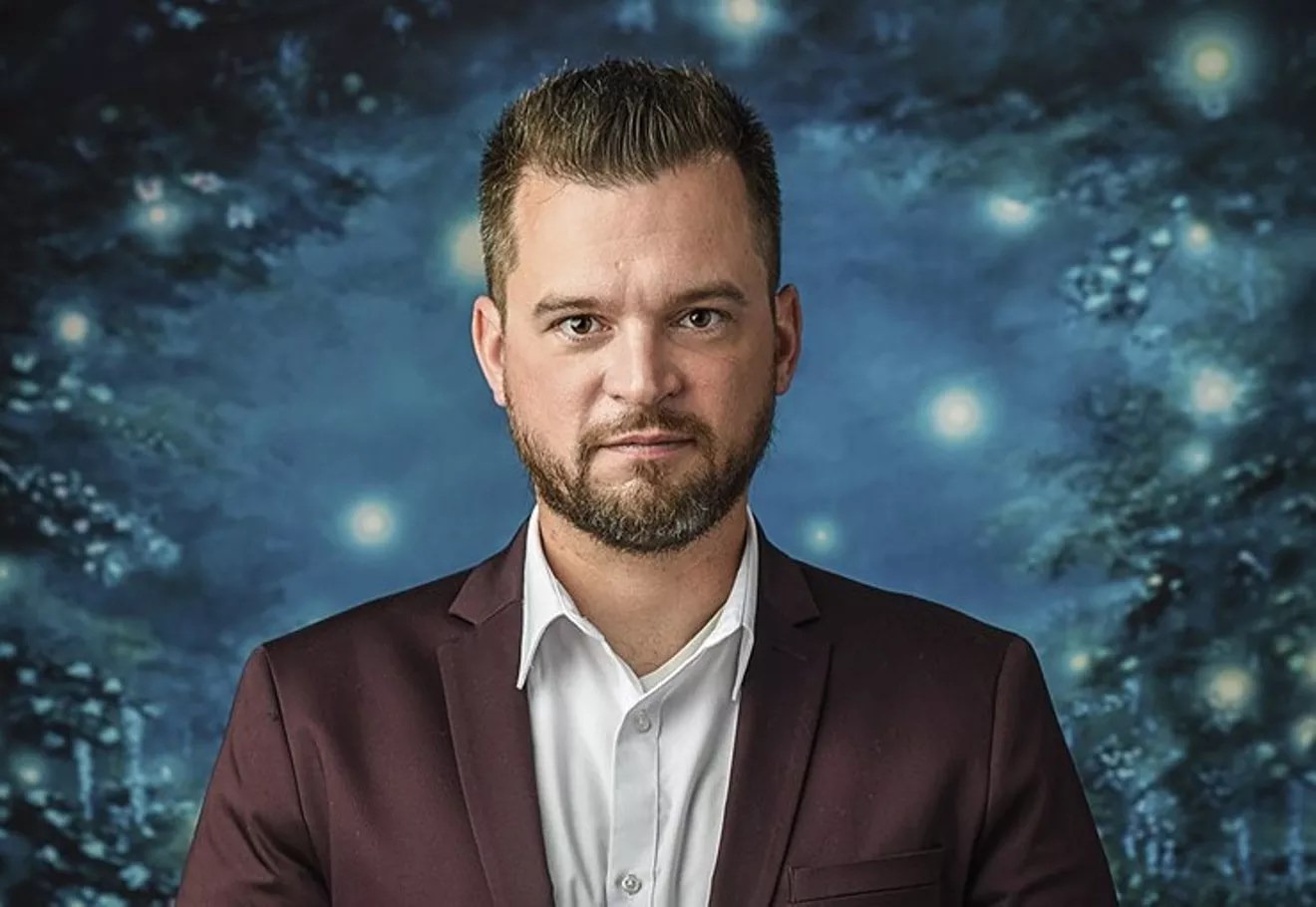
Anthony Camera

Audio By Carbonatix
Psychedelics advocates are pushing to get an initiative on Colorado’s November ballot that would decriminalize the possession of psychedelic mushrooms statewide for those 21 and older, and also establish legal medical access to the fantastic fungi. But they’ve been making some fixes in the language of their proposal.
“How can we learn our lessons from the past in making sure that we’re making this accessible to as many people as possible? And more specifically, our marginalized populations that have been negatively impacted by the drug war and policing. This also includes our indigenous community and veterans,” Kevin Matthews, the leader of the campaign behind the Natural Medicine Health Act of 2022 initiative, said during a January 27 Zoom conference about psychedelics policy in Colorado hosted by the Vicente Sederberg law firm.
While psychedelic mushrooms would be immediately decriminalized if the measure passes, the legal medical access system for psilocybin and psilocin, the active ingredients in psychedelic mushrooms, would go live by the start of 2025. The Department of Regulatory Agencies would oversee this regulated market, which would be geared toward mental health and healing.
The initiative would also require the establishment of a governor-appointed Natural Medicine Advisory Board with a wide range of members, including people with experience in natural-medicine therapy and individuals knowledgeable about the “traditional indigenous use of natural medicines.”
If this board gives the state the green light, the Department of Regulatory Agencies could decriminalize DMT, ibogaine and mescaline (excluding peyote) starting in June 2026, then create a framework for a legal medical market for these substances.
Matthews, who led the campaign for a psychedelic mushroom decriminalization initiative approved by Denver voters in May 2019, is working on the Colorado campaign on behalf of New Approach PAC, a Washington, D.C.-based organization that has supported various marijuana legalization efforts across the country and was involved in the recent Oregon vote to create legal, regulated access to psilocybin.
After Denver decriminalized psychedelic mushrooms, municipalities across the country followed suit, often going further by decriminalizing other natural psychedelic substances as well. When trying to convince voters or public officials to support their efforts, advocates have frequently cited research that shows the potential for psychedelics to be effective tools for treating mental health issues.
In December, New Approach PAC submitted two initiatives to the Colorado Secretary of State’s Office. One of the original measures sought to decriminalize psychedelic mushrooms, DMT, ibogaine and mescaline, while also setting up a legal medical model; it capped the allowed amount of the active psychoactive substance at 4 grams. The second focused solely on decriminalizing psychedelic mushrooms, while also setting up a legal medical market.
The latest initiative submitted by the organization is something of a combination of the original two, though it does not place any hard and fast restrictions on the maximum amount of the substances that a person can possess, a provision that led to clashes with California advocates and New Approach in 2021.
That change to the Colorado proposal came after pushback from local grassroots activists in Colorado, including Decriminalize Nature Boulder County, which criticized the notion of a decriminalization initiative placing any caps.
In fact, Nicole Foerster, the head of Decriminalize Nature Boulder County, says she was involved in drafting the latest initiative. “There is a lot that is still very questionable,” she adds, “and we don’t know what they’ll go with in the end.”
In particular, Matthews and New Approach are deciding whether to include a record-sealing mechanism so that people with past convictions in relation to newly decriminalized substances could potentially have their records related to those convictions sealed. New Approach has submitted versions of the initiative with and without this provision to the state; the Secretary of State’s Office and the Legislative Council will have to sign off on the language before signature-gathering can start.
Whichever proposal New Approach plans to go with, the campaign will need to collect 124,632 valid signatures from across the state and submit them by August 8.
This push to take decriminalization to the voters is coming at the same time that Democratic Colorado lawmakers, including Representative Alex Valdez, Senator Joann Ginal and Representative Edie Hooton, are sponsoring a bill that would set up a panel to study natural psychedelics for mental health use.
The lawmakers are working with VS Strategies, a drug policy reform group. Initially, VS Strategies had hoped that Valdez and the other legislators would be willing to sponsor a bill to decriminalize the personal possession of small amounts of psychedelics, according to Jordan Wellington of VS Strategies, who spoke during the January 27 Zoom conference. When such a proposal looked untenable, Wellington and the lawmakers opted for a bill pushing the formation of the study panel.
“The bottom line,” Wellington said, “is the future continues to appear bright [for] reform in Colorado,”